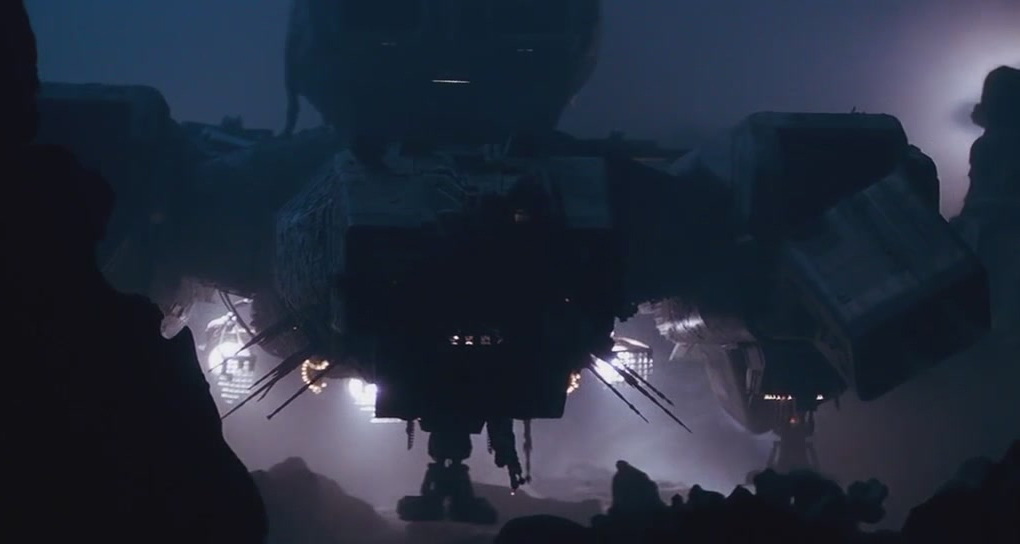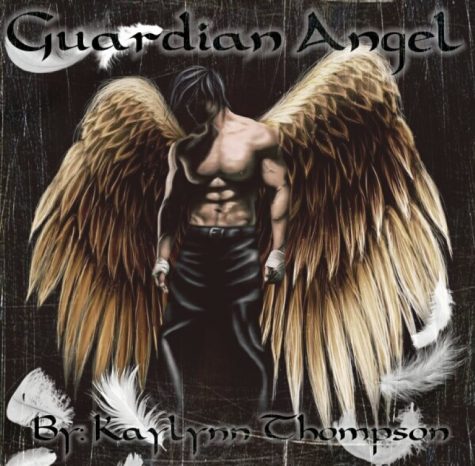Can’t Help But Recommend: Alien (1979)
The structural perfection of Ridley Scott’s sci-fi masterpiece is matched only by its hostility.
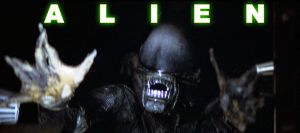
“I can’t lie to you about your chances, but … you have my sympathies.”
This quote is uttered by Ash, the science officer aboard the commercial starship Nostromo, after an extraterrestrial life form commences a killing spree against all crew members onboard. A mixture of hopeless honesty and worthless reassurance, his final words accentuate the hapless situation of the characters in Ridley Scott’s 1979 sci-fi horror paragon Alien, a film that has left a unique mark on pop culture and the landscape of cinema. It also happens to be one of my favorite movies. So today, in non-spoiler fashion, I’ll be convincing you to watch Alien, under the assumption you haven’t seen this groundbreaking film already.
The Atmosphere
From the get-go in Alien, Ridley Scott makes sure you, as the viewer, infer that you’re in for a despairing experience. The vacuum of outer space is deep, dark, and silent, and the opening sequence takes advantage of this fact as it slowly reveals the title of the movie piece-by-piece. A sense of overwhelming gloom pervades this opening shot, subverting widely held perceptions of the cosmos. Whereas outer space at the time was typically fueled by an aura of wonder and curious excitement (Star Wars, Star Trek, 2001: A Space Odyssey, etc.), Ridley Scott saw the potential for it to evoke unnerving tension. Space is a pretty creepy place if you think about it, infinite in width and yet somehow more desolate than we can comprehend.
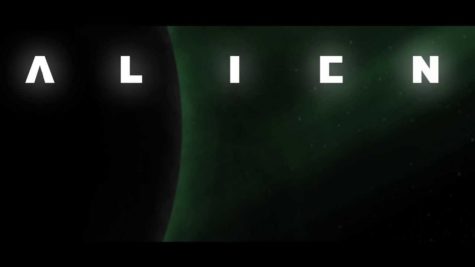
“In space no one can hear you scream,” the tagline of the movie states.
By the time the starship makes its appearance, you’re already aware of just how secluded the characters are. Even with each other and their communicative technology, isolation defines the atmosphere of Nostromo. Said atmosphere sets the stage for the claustrophobic horror experienced by both the crew members and you watching, as the titular alien makes its presence gorily known.
The Authenticity
Every set piece within Alien was lovingly constructed to reflect the period in which it was released. Though set in the far future, the film maintains a retro style that becomes more and more appreciable with each passing year. The technology on Nostromo is bulky, beepy, and basic when compared to our modern imaginations of futuristic equipment, and for theater-goers in 1979, the gadgets and tech on the ship were spot-on icons of futuristic space travel.
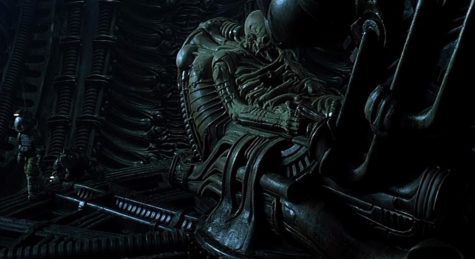
Even today, the film carries a strong sense of authenticity thanks to the diverse cast of relatable, interesting characters aboard Nostromo. Among them are Ellen Ripley, the warrant officer who holds her own when necessary, Dennis Parker, the chief engineer who understandably avoids risks if they don’t net any rewards, and Arthur Dallas, the commanding officer who believes in his duty to protect his crew, even if it means breaching certain protocols. These are just three of the plentiful yet countable characters, and each adds their own unique personality to the mix.
One of the aspects of horror movies that makes them engaging is the viewers’ connection to the terrified characters, something many modern examples fail to provide. It’s hard to care about people being ripped apart by demons and witches when we know almost nothing about who they are beforehand. Alien takes its time to humanize the crew members aboard Nostromo before letting all hell break loose, ensuring you, as the viewer, sympathize with them and feel genuinely upset when one of them is in danger.
The Alien
How could I omit the most significant aspect of this film’s quality: the alien? In horror films, making an antagonist scary is no easy task, and many such as Freddy Krueger and Pennywise haven’t stood the test of time in terms of terror. Alien, through the combined use of lighting and tension-building, sustains a constant sense of mysteriousness in its titular creature.

The first time you see the alien is in its infant form bursting out of a crew member’s chest in one of the film’s most iconic scenes. It scurries away and, in what seems like a matter of hours, grows into an illusive killing machine with a mouth within its mouth and a scorpion-like tail. Beyond that, not much is revealed about how it operates outside of murdering relentlessly. Described by Ash as a creature whose “structural perfection is matched only by its hostility,” the alien makes its presence known during short, horrific sequences. It doesn’t get nearly as much screen time as the people it’s slaughtering, and with good reason.
By the end of most horror films, the antagonist is near-completely understood by the main character(s) in regards to who, what, why, and how. It eliminates that initial allure of uncertainty and makes defeating the antagonist predictable. Alien was one of the first horror films to adopt the effective alternative to that flaw, and as a result, the creature to this day deserves its iconic status in cinematic history.
Conclusion
Space can be a terrifying place if you don’t follow quarantine protocols, Alien teaches us. Despite coming out 40 years ago, this masterpiece from veteran director Ridley Scott has left an impact on film history that is still felt today. It’s retro yet nuanced, wondrous yet grounded, simple yet mysterious. If you haven’t watched it, watch it. If you have watched it, watch it again.
